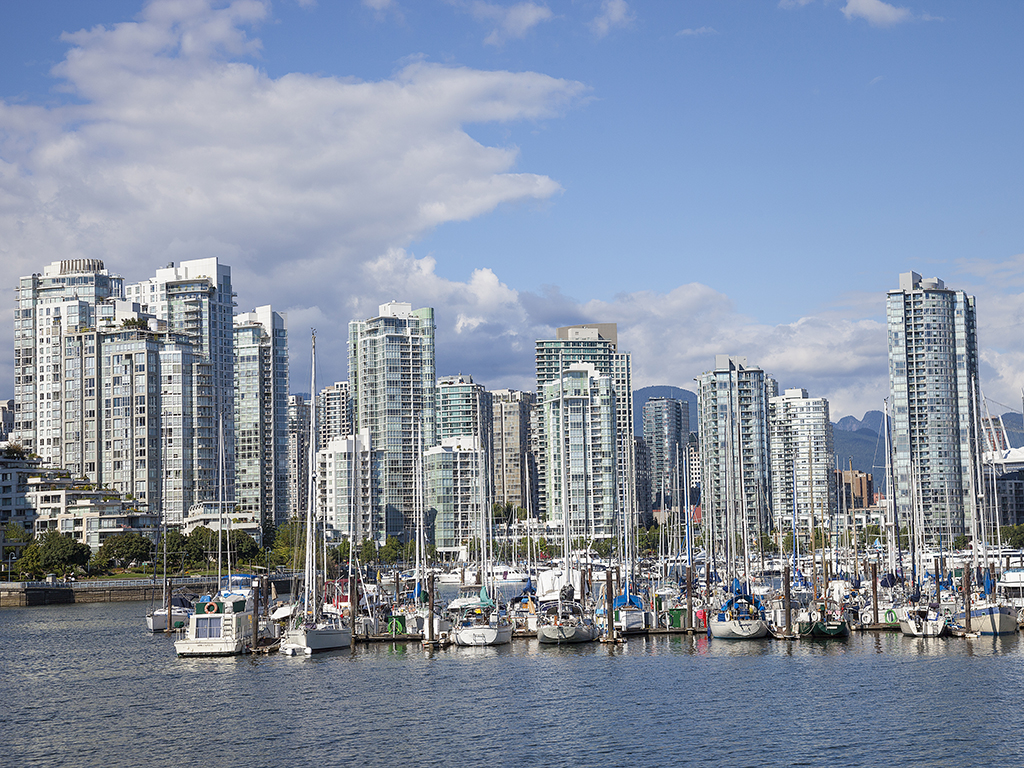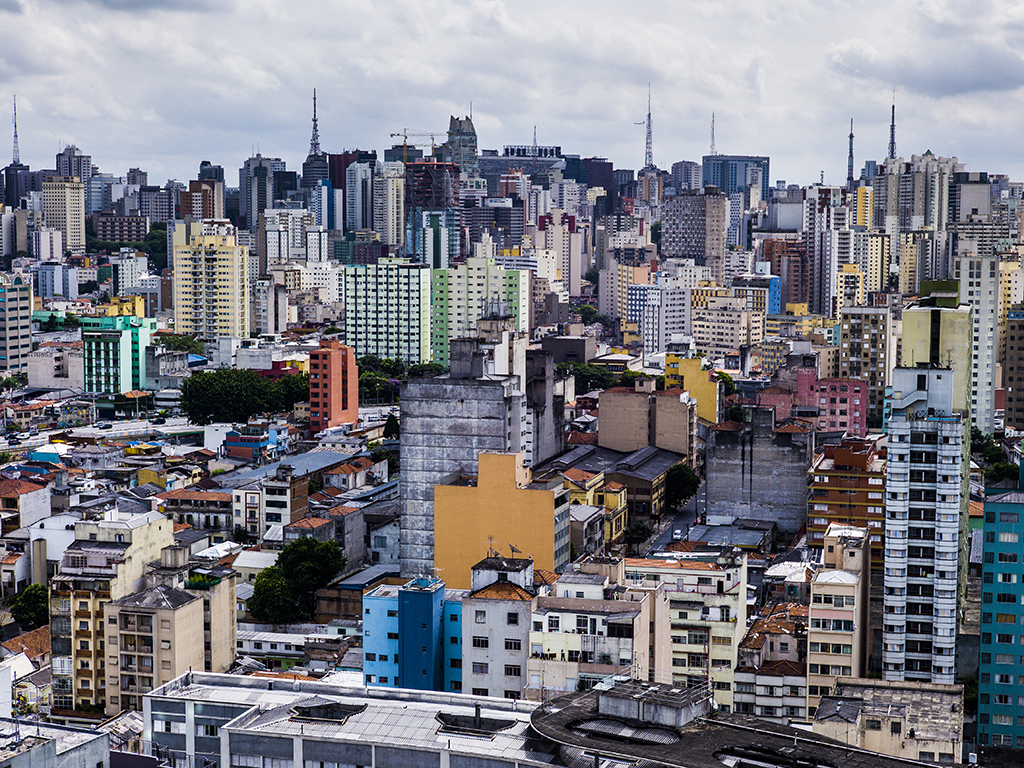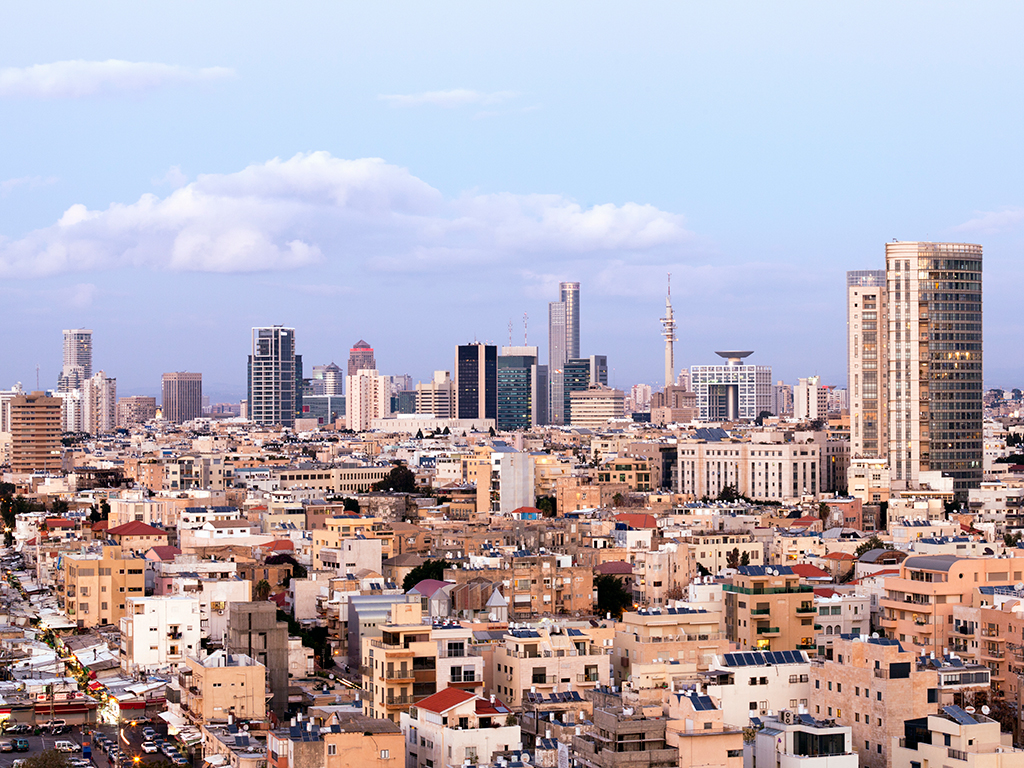Tel Aviv, Israel
Otherwise known as the ‘White City’ for its extensive collection of Bauhaus buildings, Tel Aviv is quickly establishing itself as an international start-up capital. Businesses are often angled more towards smaller, tech-focused markets as opposed to rival Silicon Valley’s large-scale market winners. Israel’s growing entrepreneurial community has earned it the nickname ‘the start-up nation’, and networking events and hackathons are a regular occurrence in the city. Downtown Tel Aviv is said to be the hotspot for new businesses, where hopefuls can set up shop at a relatively low cost and be part of a thriving yet tight-knit ecosystem of likeminded professionals.
Berlin, Germany

Richard Branson calls Germany’s capital the most cost-effective start-up hub in Western Europe by a stretch. Low rental costs and a high quality labour force put Berlin on the entrepreneurial map, and the city has long been renowned for creativity and diversity. SoundCloud, the biggest streaming site in the world was born here, and Berlin’s vibrant start-up community continues to produce uniquely innovative concepts. The Kreuzberg neighbourhood is a favourite for its reasonably priced office rentals, and St Oberholz cafe in the Mitte district is said to be the meeting place of choice for young entrepreneurs.
Singapore, Singapore

Significant government investments aimed at fostering the entrepreneurial community make Singapore’s start-up ecosystem a thriving one. Business people can enjoy a ‘small town in the big city’ atmosphere and convenient access to the larger Chinese and Indian markets nearby. The South East Asian city ranks #1 on the World Bank’s Ease of Doing Business chart: incorporating a company in Singapore can be done in 1-2 days compared to weeks elsewhere, and an efficient and affordable tax system further boosts the appeal. If you’re staying late at the office, you won’t be alone – according to research by Startup Genome, entrepreneurs in Singapore work an average of 11 hours per day.
Seattle, US

With a whopping 12.5 businesses per 100 residents, Seattle is rapidly establishing a reputation for more than just coffee, indie bands and rain. The northwest’s trendiest city owes its spot on the list to Microsoft and Amazon in part; global corporations based here that inject inspiration and innovation into the community, as well as an abundance of technical talent. There’s also significant private sector funding available and a strong network of mentors – organisations include the Alliance of Angels and Northwest Entrepreneur Network – making Seattle’s exciting entrepreneurial ecosystem a desirable choice for many.
Vancouver, Canada

Canada’s flat inflation rate at 26 percent is a good indicator of a healthy economy, and the cost of living remains relatively low. Vancouver boasts a beautiful setting, high quality of life and a wealth of talent making it an ideal place for living, working and hiring, and the city is praised for valuing a work-life balance above all. From an international perspective, flexible immigration laws make Canada more accessible than the US, and though Toronto might be the more obvious choice, opportunities for venture capital are more abundant in the west. Most start-ups can be found in the city’s hip Gastown neighbourhood.
Sydney, Australia

Sydney offers the rare combination of a booming business destination with a lifestyle most could only dream of, and its presence on the global radar is growing. Startup Genome praised Sydney’s entrepreneurial ecosystem for its diverse range of new businesses, and Australia’s international city also boasts one of the world’s highest outputs per capita of start-ups. Communities such as Sydstart and Young Entrepreneurs Sydney make networking with and receiving support from other likeminded business people a breeze, and entrepreneurs can reap the benefits of an economy which has seen 22 years of continuous growth.
São Paulo, Brazil

The financial capital of Brazil is host to almost all offices of multinational corporations in the region, and with a population of 11.8m renowned for its interest in new web and mobile services, business opportunities are aplenty. A number of entrepreneurship, business and technology events are hosted here every year, run by organisations such as Brazil Innovators and WomenChangeMakers. As infrastructure improves to support a growing community of entrepreneurs, venture capital prospects from the US are on the rise, and reasonable rental prices further enhance the appeal of São Paulo.
Chicago, US

A wealth of resources is available to Windy City-based entrepreneurs, making it an incredibly supportive ecosystem to be a part of. With an average age of over 37 years old, it’s a more mature community, and at least a fifth of those once lived or worked in Silicon Valley. The Midwest is home to more Fortune 500 companies and receives more federal funding than any other US region, and a range of entrepreneur-focused incubator spaces and initiatives continue to pop up across Chicago. When work is over for the day, enjoy exploring a diverse, colourful city with a rich history and booming arts and culture scene.
Paris, France

The Paris start-up ecosystem has been producing a wealth of successful businesses for years, and is largely dominated by B2B companies. A number of initiatives to improve the appeal to entrepreneurs have been introduced in recent years including tax breaks for new businesses and a smooth company registration process. Choosing to base yourself in this well-connected, fairly compact city will give you access to a thriving market that welcomes new products and services with open arms, but embracing French culture is essential to succeed – at both a personal and corporate level.
Boston, US

Ranked first in Startup Genome’s funding index, new business funding is plentiful in this vibrant city. The MassChallenge programme which launched in 2010 is already the world’s largest business accelerator, supporting over 100 start-ups annually. The economic and cultural capital of New England enjoys a reputation as an intellectual hub, home to several major universities and institutions. Entrepreneurs in Boston are more focused on creating a high quality product than building a company that can quickly be sold off, according to Startup Genome.





